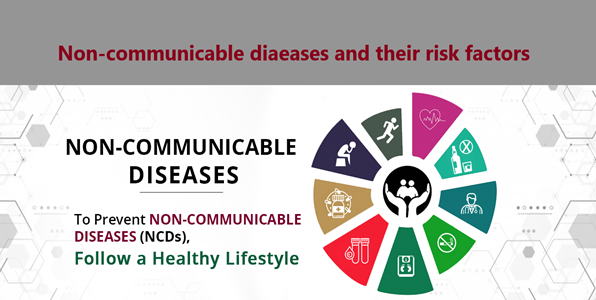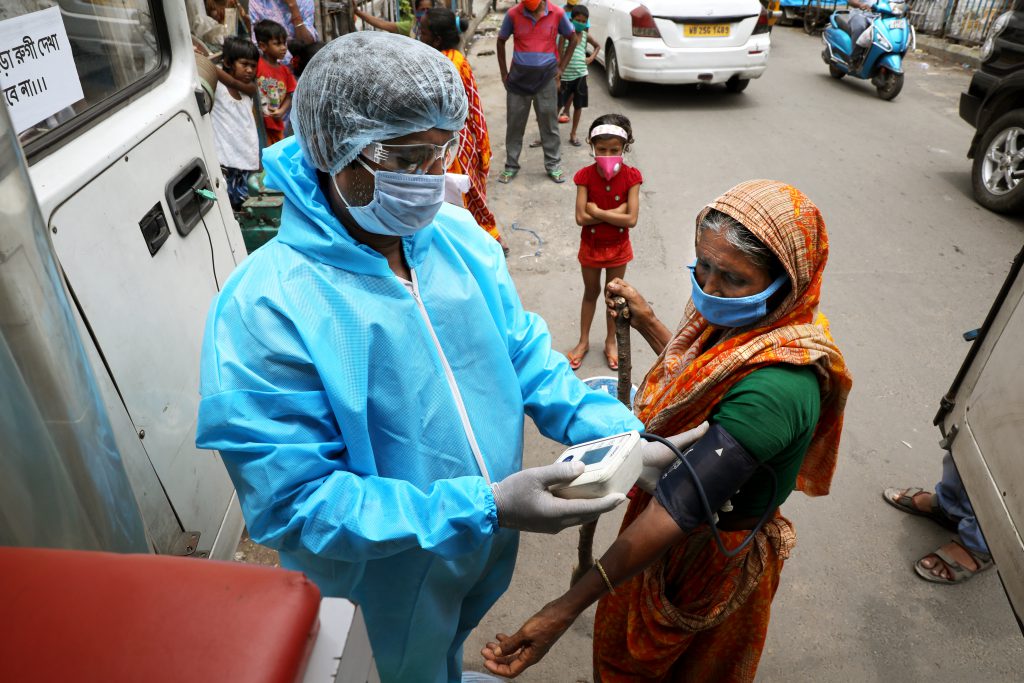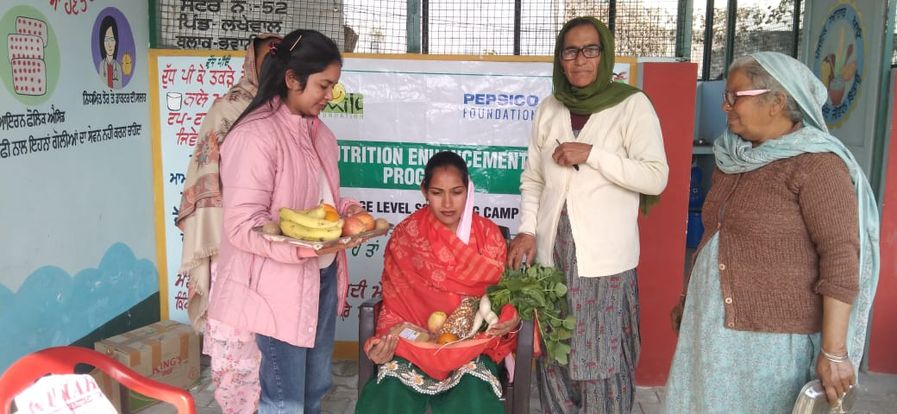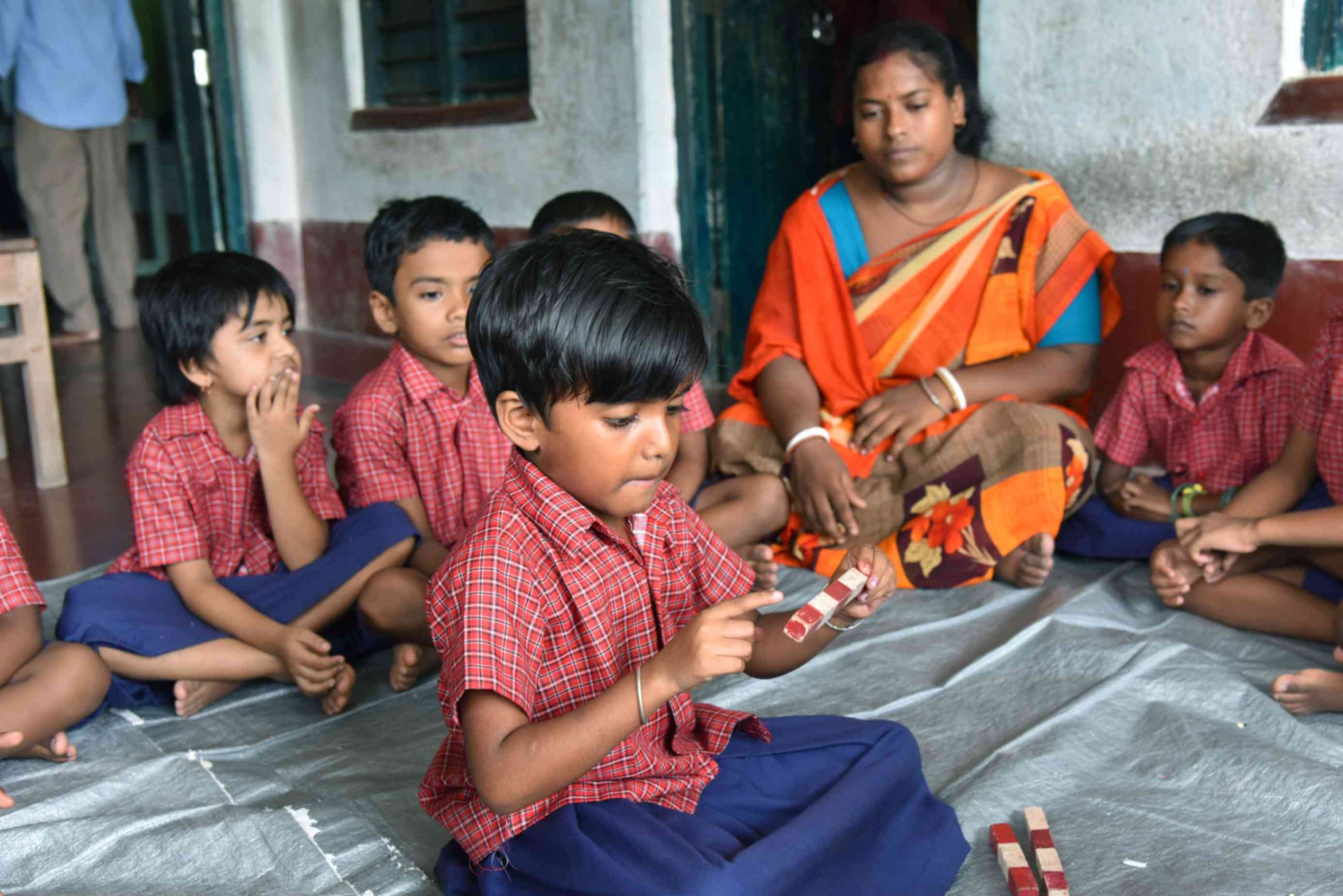Healthcare and the availability of it for all. The world has come face to face with a situation it was not prepared for, bringing the focus of every person on globe on one thing – the state and quality of healthcare and measures being taken for effective treatment of the ailing. With a pandemic clouding all discussion on the topic of healthcare, a lot of prominent and prevalent problems have taken a backseat. One of them being of non communicable diseases which claim tens of millions of lives each year globally. The world is set lose over $7 trillion economically between 2011-2025 due to non communicable diseases not being given the attention they require.
The classic idea of health problems in the low- and middle-income countries is that of the prevalence of diseases due to infections and parasites. Chronic diseases like heart attacks, strokes, cancers, diabetes, chronic obstructive pulmonary disease, asthma and more claim as many as 41 million lives every year, making up for 71% of the total deaths globally, as per the World Health Organization. Out of this, 15 million deaths are premature, happening to people between the ages of 30-69 years. The worldview is that non communicable disease or NCDs affect and cause deaths of people, primarily, in the west. WHO, however, stats that more than three quarters, approximating 85% of deaths due to NCDs occur in the low- and middle-income countries.
The types of non communicable diseases is categorized into four areas – cardiovascular, cancers, chronic respiratory diseases and diabetes. Excessive consumption of tobacco and low quality alcohol with lack of physical activity and proper nutrition in poor nations put the poorest population of the nations around the world most at risk. The situation has reached India at a drastic pace and situation is such that the NCDs in India and other such low income countries can no longer be ignored.
As per a study in National Center for Biotechnology Information (NCBI), 40% of all hospital stays are accounted by NCDs in India which also cause 53% of deaths and over 44% of disabilities in people in the country. By 2030, the country will lose more than $450 billion and 17.9 million years of productivity, pushing the people into further poverty in the country that homes 20% of the world’s poorest. The lack of awareness among the masses and access to timely necessary as well as affordable treatment in the country for these chronic diseases are the primary burden when it comes to noncommunicable diseases.

What is needed is a free flow of awareness and a strong partnership between government and civil society to address the NCDs in India along with their risk factors to ensure prevention of premature deaths caused due to NCDs in a cost effective way. Most of the types of non communicable diseases are manageable, if proper treatment and guidance to leading a healthier life with them is provided to the patients.
Strengthening the health system with an emphasis on primary healthcare; creating and strengthening the national surveillance systems for NCDs; investing and implementing cost effective interventions; mobilizing resources on health promotion that focuses on prevention, early detection, alongside curative, rehabilitative, and palliative cares; and training the health workforce of the nation can significantly bring down the number of premature deaths due to chronic diseases.
WHO says that if the world manages to achieve 25% reduction in deaths due to NCDs by 2025, then as many as 37 million lives can be saved.

Smile Foundation has been on the forefront of fighting these non communicable diseases through intervention and awareness under its health vertical, Smile on Wheels. With a focus on prevention, Smile on Wheels’ healthcare worker conduct health awareness sessions to educate people about non communicable diseases and the importance of maintain a healthy lifestyle with nutritious diet and adequate physical activity. Health camps are conducted to facilitate the early detection of the signs of NCDs and any person living with diabetes and hypertension, which can lead to cardiovascular diseases, is provided with regular free consultations and medicines to help them lead a healthy life even with the chronic disease.
The poorest are the worst affected due to any crisis, be it lingering or abrupt. Smile Foundation aims to lessen the burden of underprivileged of the society by bringing quality healthcare to their doorstep for free. Smile on Wheels is dedicated to help and contribute towards a healthier nation where no premature deaths happen due to preventable causes. To read more about our efforts, https://www.smilefoundationindia.org/smile_on_wheels.html









